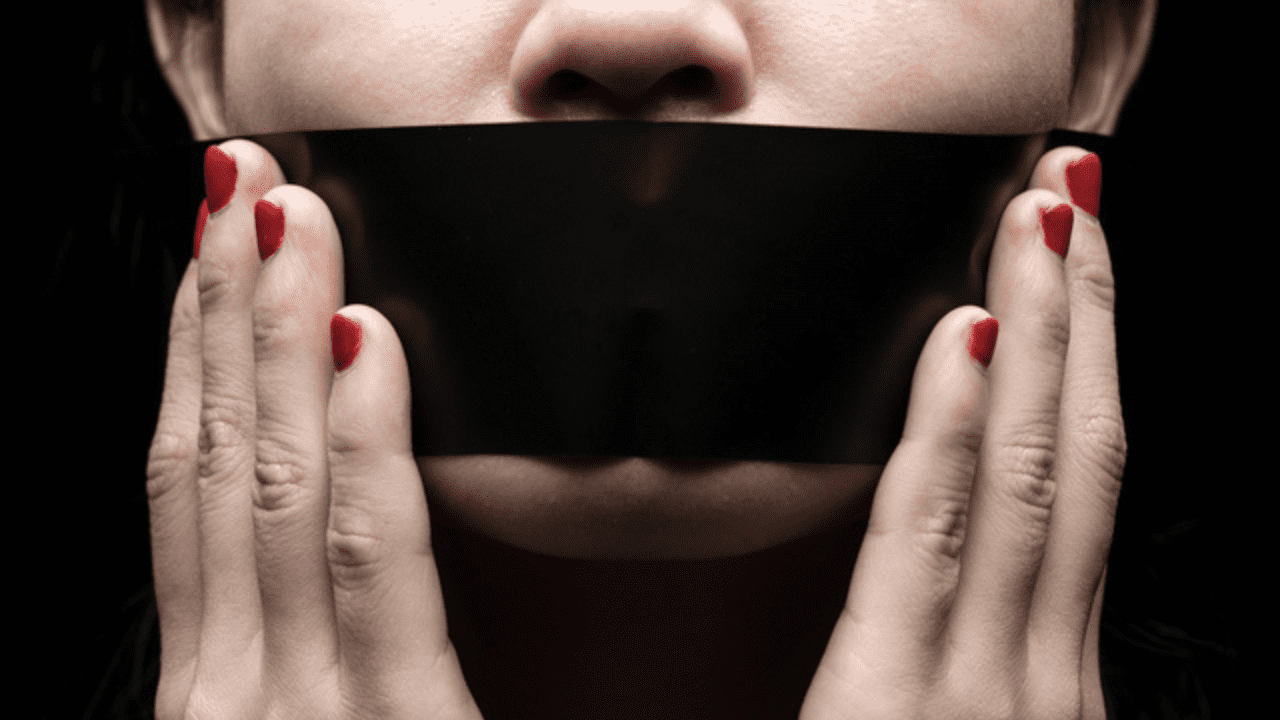The Make America Great Again (MAGA) movement, initiated by former President Donald Trump, has consistently emphasized the importance of free speech while vehemently opposing censorship. This article explores MAGA’s stance on free speech and censorship, providing a comprehensive analysis that includes expert opinions, statistical data, case studies, and real-life examples.
The MAGA Movement and Free Speech
Advocacy for Unrestricted Speech
MAGA supporters argue that free speech is a fundamental American right enshrined in the First Amendment of the Constitution. They believe that all opinions, including controversial and dissenting ones, should be allowed in public discourse without fear of retribution or censorship. This perspective is rooted in the belief that free speech is essential for a healthy democracy and that open debate fosters a better understanding of diverse viewpoints.
Opposition to Censorship
The MAGA movement strongly opposes what it perceives as censorship by social media platforms, mainstream media, and academic institutions. They argue that conservative voices are disproportionately targeted and silenced, leading to a biased public narrative. The movement has called for reforms to Section 230 of the Communications Decency Act, which provides legal immunity to online platforms for content posted by their users, to ensure that these platforms do not engage in politically motivated censorship.
Key Issues in the Free Speech Debate
Social Media Censorship
One of the primary battlegrounds for free speech within the MAGA movement is social media. Platforms like Twitter, Facebook, and YouTube have been accused of suppressing conservative viewpoints, particularly during the 2020 presidential election and the COVID-19 pandemic. High-profile incidents, such as the permanent suspension of Donald Trump’s Twitter account, have fueled these claims.
Statistical Data:
- A 2020 study by Pew Research Center found that 90% of Republicans and Republican-leaning independents believe that social media companies censor political viewpoints.
Academic Freedom
MAGA supporters also raise concerns about academic freedom, claiming that conservative students and faculty members face discrimination and censorship in universities. They argue that liberal ideologies dominate academic institutions, leading to an environment where conservative perspectives are marginalized.
Case Study:
- In 2017, a conservative professor at Evergreen State College in Washington faced backlash and protests for criticizing a campus event. This incident highlighted the tension between free speech and academic freedom in higher education.
Media Bias
The MAGA movement contends that mainstream media outlets exhibit a liberal bias, which results in the censorship of conservative viewpoints. They argue that media coverage often portrays MAGA supporters negatively, contributing to a polarized political climate.
Expert Opinion:
- Brent Bozell, founder of the Media Research Center, argues that mainstream media has a pervasive bias against conservatives, which undermines the credibility of journalism and stifles free speech.
Real-Life Examples
The Parler Shutdown
In January 2021, the social media platform Parler, popular among conservatives, was taken offline by its hosting provider, Amazon Web Services (AWS). This move came after the platform was accused of failing to moderate content that incited violence during the Capitol riot. MAGA supporters viewed the shutdown as an example of tech companies colluding to silence conservative voices.
The Covington Catholic High School Incident
In 2019, a video showing Covington Catholic High School students in a confrontation with a Native American activist went viral. The initial media narrative portrayed the students as aggressors, but subsequent footage revealed a more complex situation. The students’ families sued several media outlets for defamation, arguing that their reputations were damaged by biased reporting.
The MAGA movement’s stance on free speech and censorship is deeply rooted in the belief that all voices deserve to be heard, and that current practices by social media platforms, academic institutions, and mainstream media are disproportionately silencing conservative perspectives. By advocating for reforms and highlighting instances of perceived censorship, MAGA supporters aim to foster a more balanced and open public discourse. Understanding this perspective is crucial in navigating the complex landscape of free speech and censorship in contemporary America.




